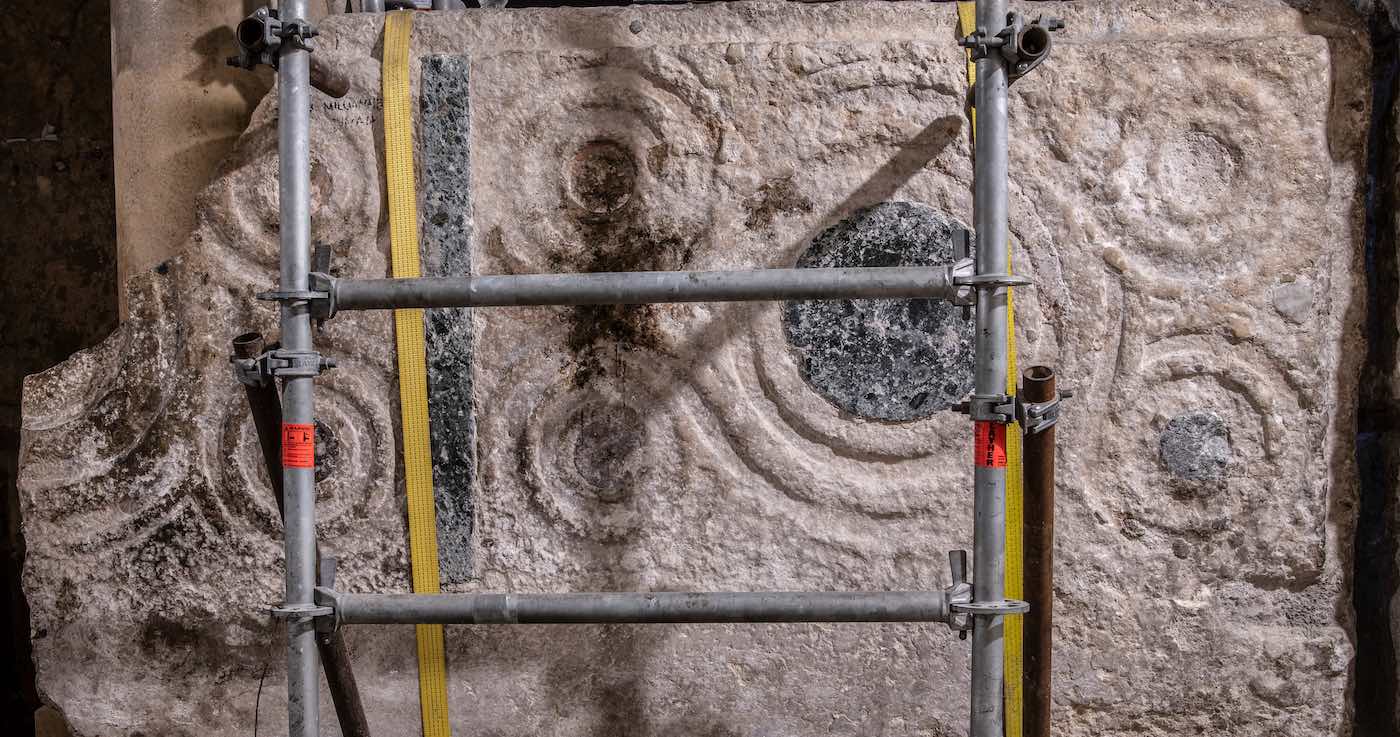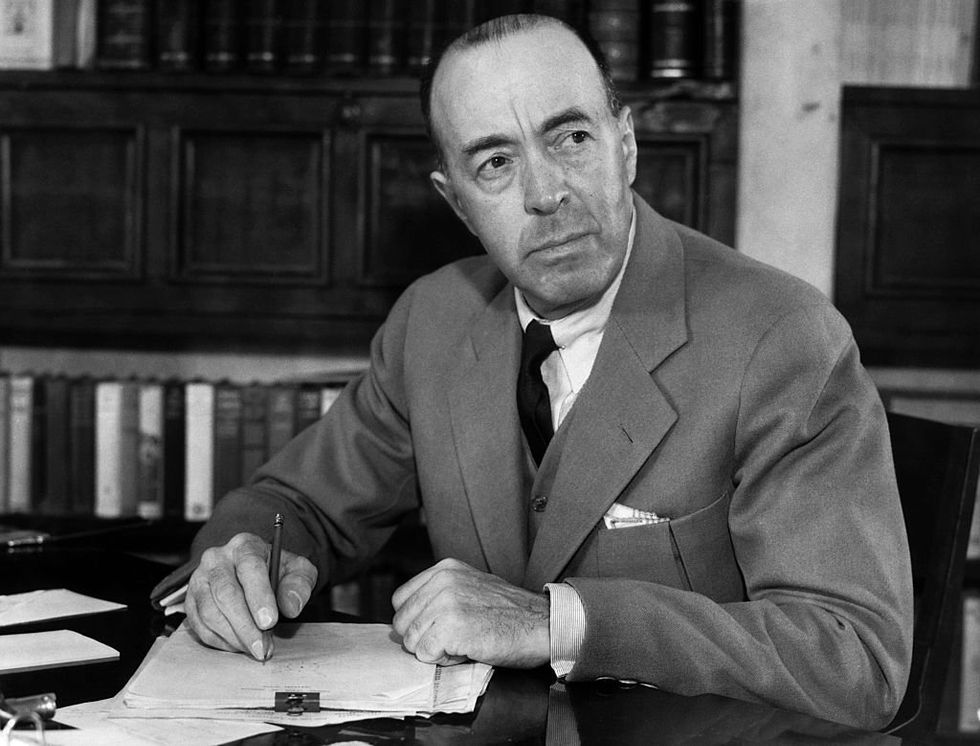
www.theblaze.com
Liberals aren't the cool ones anymore
'Many Men (Wish Death)'Following the assassination attempt on Donald Trump, Facebook founder Mark Zuckerberg told Bloomberg, "Seeing Donald Trump get up after getting shot in the face and pump his fist in the air with the American flag is one of the most bada** things I’ve ever seen in my life.”In the era of hip-hop, Trump has also garnered support among rappers, beginning with Kanye West and including Lil Wayne, Kodak Black, and 50 Cent, whose “Many Men (Wish Death)” quickly became an informal Trump anthem and even an entrance song for Trump’s recent interview with Kick streamer Adin Ross.Despite the fact that rappers have long described themselves as the “black Donald Trump,” the media has continued to insist that Trump is racist.'Is Donald Trump cool now?' No — and thank God for that.For most of his life, Donald Trump has been a household name. He has spent decades surrounded by the zeitgeist’s most talented and famous athletes, actors, politicians, musicians, directors, writers, models, you name it. He has played an unprecedented role in American popular culture, at every level. He has even three species named after him.Recall Bill Clinton playing the saxophone in Ray-Bans on "The Arsenio Hall Show," or Obama on late-night TV head-bobbing to Kendrick Lamar or getting the “Hail Caesar” from LeBron James. A year into Trump’s presidency, Vox described Obama as “the perfect pop culture president.” This worshipful swoon by New York Magazine was just one of the many obsessive characterizations of Obama as cool. The media reveals its hand by referring to any president except Trump as the king of online. Meanwhile, Trump battles the cultures that Obama advanced and Clinton made cool. You can see it at Trump rallies. In his supporters, there’s a belligerent disgust with the niceties and refinements of anything highbrow, what conservatives often describe as elitism and liberals call culture.Over the course of the last 30 years, he’s been impersonated by five different actors on "Saturday Night Live." Meaning, they keep leaving, but he stays relevant. It doesn’t matter that their depictions are often negative. It’s about the power of his character, his ability to draw people in without them even realizing it. But a new version has emerged with Shane Gillis, who was canceled by "SNL" and recently starred as Trump in an episode of "Kill Tony."So as The Hill recently asked, “Is Donald Trump cool now?”No — and thank God for that. Coconut trees of brat summerMeanwhile, the corporate media has played Cinderella’s stepmother by forcefully shoving Kamala’s oversized foot into the glass slipper. The media wants you to believe that she is a master chef, who has “perfected the pantsuit” with “presidential style” and power.In a bid to appeal to Gen Z, the media has pushed the narrative that Trump and Vance are “weird.” The New York Times has also tried to portray Harris as cool and subversive, desperate to change the long-held perception that Harris is annoying and uncool. She brought in Megan Thee Stallion to twerk her support amid poetic refrains. She even included her old friends on “RuPaul’s Drag Race.” Kamala’s public image has been slathered with constant layers of meme culture, the work of a media that can't stop trying to make “brat summer" happen. Similarly, the media has sought to recast some of Kamala’s embarrassments as cool, like the “coconut tree” meme. And all of this passes with an air of the counterfeit whose fakeness can barely be spotted. We all know that the left owns culture, in the more florid sense of the word. You can find recipes for vegan pasta dishes in the New York Times, next to book reviews and real estate and sports, and the news is not always about politics. Or at least not at the fore. Although this is less often the case. And it is more often the case that, on the left, politics subsumes everything personal, leading to an exodus of people who just want to read a good story without all the highflown political theories and judgment. It used to be that politics came after comedy, or art, or music, or literature.So while the liberal activist class has possessed coolness for quite some time now, the past decade or so, it seems to have lost that claim. Its members are, in fact, no longer cool. They increasingly adore ugly art.These days, they’re abominations. And more than a few of them are proper villains. And they’re miserable at a time when sorrow has lost its Woody Allen-imposed charm. Meanwhile, conservatism has been correlated to lower levels of mental illness and higher rates of happiness. This instability shows — the opposite of the "Cool Hand Luke" approach. Americans are growing more conservative by the year. Occasionally, they even make conservatives look cool, like the time the New York Times inadvertently hailed Ben Shapiro “a provocative gladiator,” which Media Matters rebuked in its characteristically uncool way. Because the masses are ultimately conservative in nature. It’s the silence of companionship that tricks them into believing they’re alone. Despite CNN’s gaslighting claim that conservatives are “masters of verbal jiu-jitsu,” the left is masterful with voice and persuasion. Victories come through humor, derision of the over-serious edgelords of cool — like the time Elon Musk required Twitter employees to sign a document that proclaimed he is an “extremely fun” guy, a “cool individual.”So who gets to be cool? Who does the crown belong to? Not conservatives, never, and who cares? It's ridiculous anyway. Instead, put on a crown of thorns. Be content with weaknesses, insults, hardships, persecutions, and calamities, all for the sake of Christ, so that, whenever you’re weak, you’re strong.
















